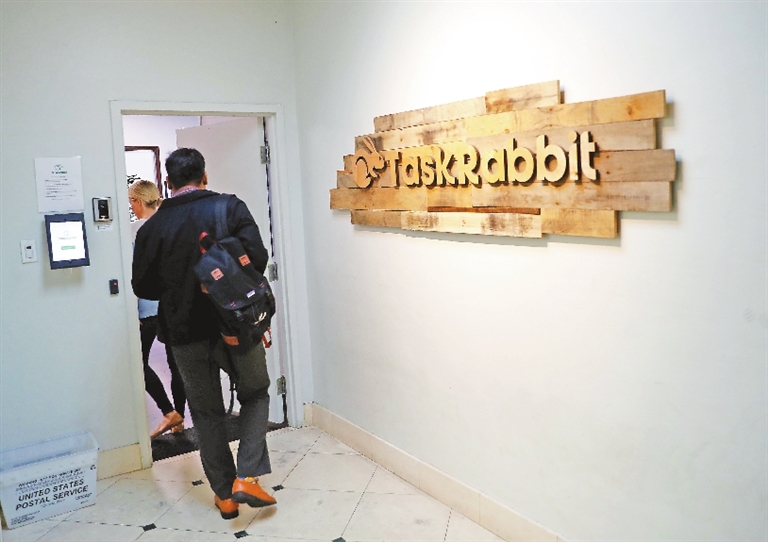
JESSICA REZNIK likes IKEA’s prices but not do-it-yourself. So when the Swedish furniture giant said a handyman on odd-jobs site TaskRabbit could assemble her new dresser and nightstand in her New York apartment, she jumped at the offer. Reznik, a 24-year-old teacher, is just the kind of busy millennial IKEA hoped it would attract when it bought TaskRabbit (www.taskrabbit.com) in September 2017 as part of a drive to offer a range of services complementing its trademark flat-pack furniture. The focus on services by the world’s biggest furniture retailer is a major strategic shift it has been forced to adopt to stay in the game as waves of new competitors in an increasingly online world erode its dominance. It seems to be working. In the first readout on TaskRabbit’s activity since IKEA bought it, executives said the number of jobs done by TaskRabbit handymen had more than doubled and 10 percent of the tasks were furniture assembly, up from 2 percent before. Jesper Brodin, chief executive of Ingka Group, which owns most IKEA stores, said TaskRabbit was expanding into interior design and looking at services such as furniture repair to give IKEA an edge, while TaskRabbit’s customer data could help IKEA come up with new ideas for furniture. “As this community grows it’s not only about fixing one or two things but actually to add professionalism in interior decoration, into ‘life at home’ practicalities,” Brodin said at TaskRabbit’s San Francisco headquarters. “TaskRabbit is a super interesting business case because it is scalable, not only geographically but also into services at home,” he said. Using TaskRabbit to bundle same-day delivery and assembly for IKEA is another service being rolled out, TaskRabbit chief executive Stacy Brown-Philpot said. (SD-Agencies) | 
